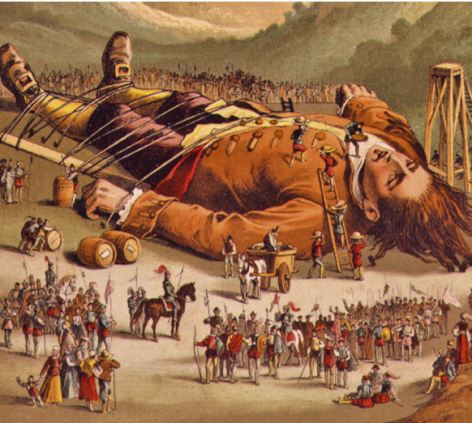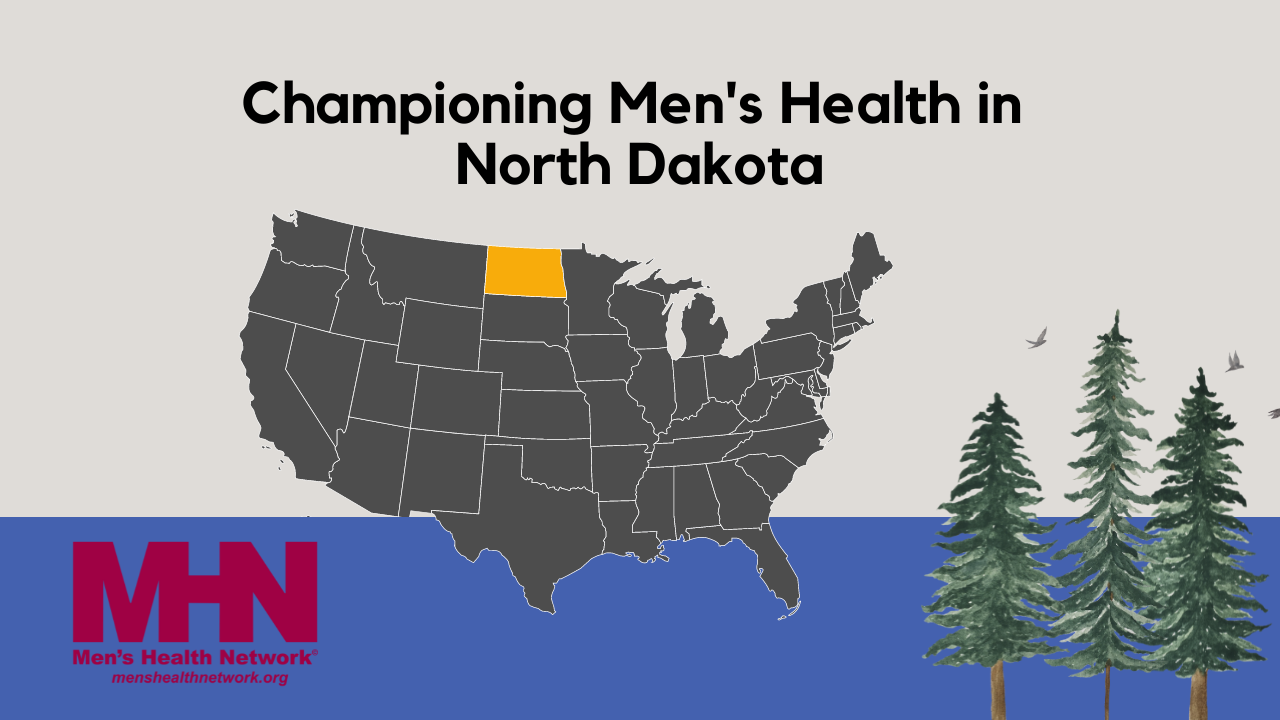In the Dune miniseries by David Lynch, a tremor felt in the desert of Arrakis usually meant that a huge, quarter-mile-long sand worm would soon surface and inhale acres of sand and anything on it. But these giant creatures, as dominating as they are, were also the only source of the spice mélange, a substance that increased the vitality, awareness and lifespan of those who consumed it. Well, fee fi fo fum, a gentle giant that imparts immortality and long health!

It’s the Feds!
Well another gentle giant awoke this past week. One of our federal healthcare bodies, the Centers for Disease Control and Prevention (CDC) in Atlanta, formally announced their interest and commitment to the future of men’s health.
It came in the form of a “State of the Union” report that was inspired by a meeting of minds held at the CDC a couple of years ago. What started as an internal “brown bag” seminar quickly expanded to include 100 stakeholders from across the country. I was honored to be invited to this think tank session that examined the issues facing men’s health and laid the ground work for new thinking about solutions.
The State of the Union
Here are 10 fundamental points from the CDC men’s health report:
- Reproductive health is more than being disease-free. It also involves achieving a positive state of “physical, mental, and social well-being”
- Since reproductive health is a reflection of overall health, the classic principles of “health promotion” should be applied to men’s sexual health issues
- Since reproductive health issues are common in young men, by treating them early on in life, there is the opportunity to reduce the burden of chronic disease
- Since women take great care of men, strategies to improve men’s health should include its interaction with women’s health
- Two “winnable battles” in the field of men’s health are HIV prevention and unintended adolescent pregnancies
- Two of the best ways to reduce sexually transmitted diseases include fostering healthy, responsible and respectable sexual behavior and fostering awareness of coercion-free sexual choices
- Male infertility is a disease and is one of the best “windows” into the current and future states of mens’ health
- Men who live healthier lifestyles are more likely to make healthier sperm
- Men are more likely than women to use denial to cope with and reduce stress
- There is significant societal pressure on men to confirm to “masculine” roles that include being independent, fearless, tough, invulnerable, self-reliant, stoic, and non-feminine. These pressures, however, also make it difficult for men to seek social support for health issues
So in actual fact, the giant sandworm, the one that can threaten us or heal us, is really not any federal agency…but is just us, you and me, the public. We are the huge and powerful force of change, and we can generate the tremors that move mountains. Now that’s a great place to start.



